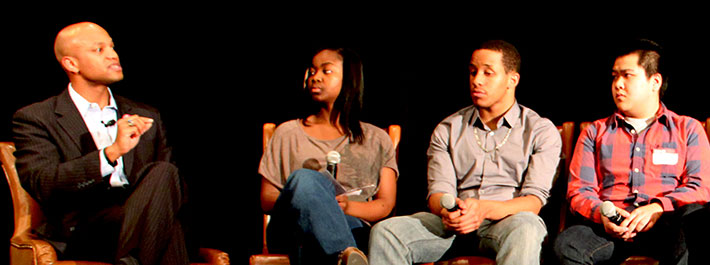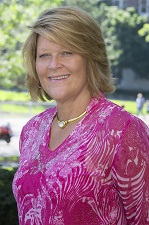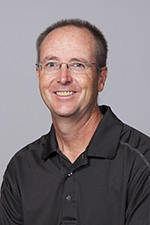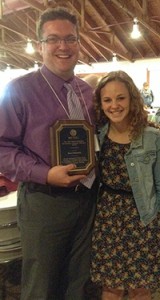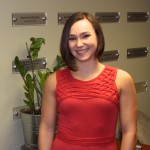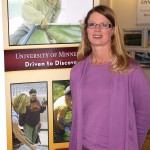By Na’im Madyun, associate dean
I’m currently attending an intercultural competence training. To begin, we introduced ourselves. We immediately felt connected and somewhat close as we noticed commonalities across our identities and cultural backgrounds.
Someone shared that they were an introvert and disliked large group sharing. I shared my current reading of the book Quiet by Susan Cain and how I identified as an introvert also. Others began to reveal their introverted identifications and the room became warmer.
As we continued the norming process of the group, the expected statements were made: “This is a safe space. We should be able to make mistakes. This is about learning. Every voice will be honored.”
The room appeared to act as one as we comfortably moved toward understanding how to become better cultural bridgers. We were still very early into the training and then someone referenced Ferguson. I quickly scanned the room and noticed how unified we remained – unified in our use of peripheral vision. I sensed we were also unified in hoping it wouldn’t get any more uncomfortable than it was at that moment.
Ferguson was followed by a reference to celebrities using the N-word and one attendee modeled how using the actual N-word could take a lot of the power from the word. I am glad I didn’t feel the full power of the word because what I did feel seemed rather potent. Needless to say, it became a little less comfortable. The facilitators allowed us to remain uncomfortable as we tried to find that elusive safe space.
I heard well-articulated perspectives about diversity and equity that seemed incorrect. It was troubling to hear reasoned comments shared by people with whom I shared the earlier, immediate connection. I wanted to say something soft or clever to bring us back to that initial comfortable space, but I didn’t want to minimize the discourse, insult the intelligence in the room or dishonor the voices of courage. I felt stretched, strained, challenged and drained. I also felt like I learned too much, too fast.
Then, I felt thankful. I vocalized that I hope we continue to use this space as a place to test, challenge and demonstrate how complex diversity discourse is. In some ways, I set out to do that with this commentary and I want to thank those who helped me find a comfortable voice for disrupting comfortable discourse. Thank you to those who gave me commentary ideas, references, early draft critiques and last minute edits before I posted. Thank you to those who gave me critique and feedback afterwards.
A look back at this semester’s commentaries:
- I started with a commentary on the Washington football team – a tale of two stances. Since that commentary, there have been two interesting stances of note. One was from a youth football player who took a stance and another was from over 3000 people at our University.
- I followed with a commentary on fitting in and transgender admissions policies. Since, I’ve learned of other colleges becoming more welcoming.
- I wrote about the importance of paying attention to Ferguson. Since, I’ve noticed refrains of Black Lives Matter and I Can’t Breathe.
- After a trip to my home town, I wrote a two-part series on the Global Gap (part 1, part 2). After domestic demonstrations and widening U.S. opportunity gaps, I see better how global education becomes a matter of social justice.
- Someone suggested I write about Halloween. It was a revelatory experience as I didn’t realize the degree to which we benefit from masking our inability to resolve our social ills. I guess that is why there is a need for equity work.
- I ended with a commentary on Gamergate and the power of a single voice to stand defiant against tradition, power and “the comfortable.”
I plan to write next semester on Teach for America, disability rights, capitalism in higher education and other topics you suggest. I hope these commentaries invite reflection. Most of all, I hope they allow us to exist uncomfortably with each other as we dialogue on common ground.

